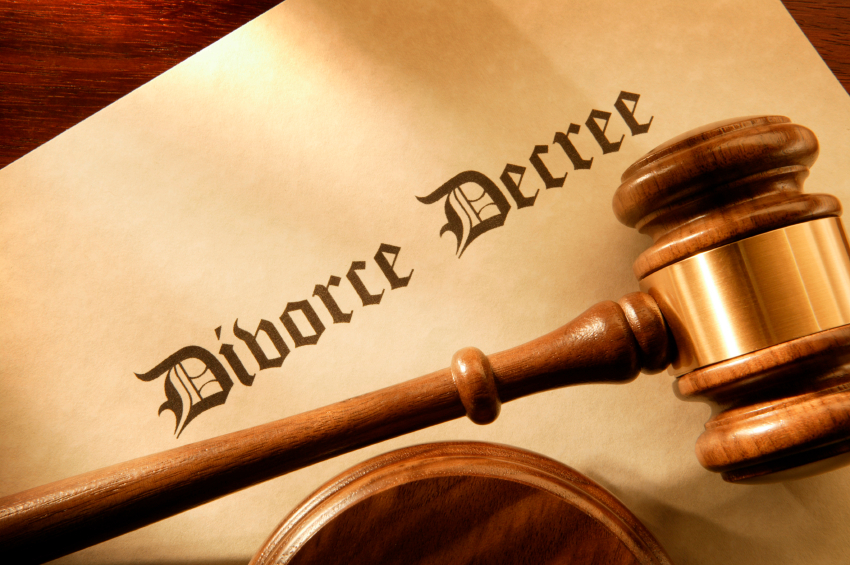Divorce is one of the most challenging and emotionally charged experiences a person can go through, and the role of divorce attorneys is crucial in guiding clients through this tumultuous period. Often referred to as guardians of transition, these attorneys provide not only legal expertise but also emotional support, strategic planning, and practical advice to help clients navigate the complexities of ending a marriage. A primary responsibility of divorce attorneys is to ensure that their clients are well-informed about their legal rights and options. This involves explaining the divorce process, which can vary significantly depending on the jurisdiction, and the potential outcomes related to child custody, property division, alimony, and other pertinent issues. Attorneys must tailor their advice to the unique circumstances of each case, considering factors such as the length of the marriage, the presence of children, and the financial situation of both parties. Beyond the legal aspects, divorce attorneys also play a critical role in managing the emotional stress that clients often experience. Divorce can trigger a wide range of emotions, including anger, sadness, anxiety, and relief.

Attorneys act as a stabilizing force, helping clients to focus on the practical steps needed to move forward rather than getting overwhelmed by their emotions. This support is essential in keeping the process as amicable as possible, which is particularly important when children are involved and co-parenting arrangements need to be established. Strategic planning is another key component of a divorce attorney’s role. They help clients to think through their long-term goals and the best ways to achieve them within the legal framework. This might involve negotiating settlements that are fair and sustainable, considering both immediate and future financial needs, and ensuring that any agreements are enforceable and practical. Skilled attorneys are adept at negotiating with the opposing side to reach mutually acceptable agreements, which can save time, money, and emotional energy compared to a protracted court battle. In cases where negotiation fails and litigation becomes necessary, divorce attorneys are the client’s advocates in court. They present evidence, question witnesses, and make legal arguments to protect their client’s interests.
Effective representation in court requires a thorough understanding of family law, strong litigation skills, and the ability to present a compelling case and view site https://aaronholtlaw.com/humble/divorce/. Even in these adversarial settings, a good attorney strives to minimize conflict and reach a resolution that is in the best interest of their client and any children involved. Moreover, divorce attorneys often work closely with other professionals such as financial advisors, therapists, and child psychologists to provide a comprehensive support system for their clients. This holistic approach ensures that all aspects of the client’s well-being are considered, from financial stability to mental health, and helps clients to rebuild their lives post-divorce. In conclusion, divorce attorneys are indispensable guides for individuals navigating the end of a marriage. They provide essential legal advice, emotional support, and strategic planning, while advocating for their clients’ best interests both in negotiations and in court. By fulfilling these roles, divorce attorneys help their client’s transition through one of the most difficult periods of their lives with greater clarity, security, and hope for the future.